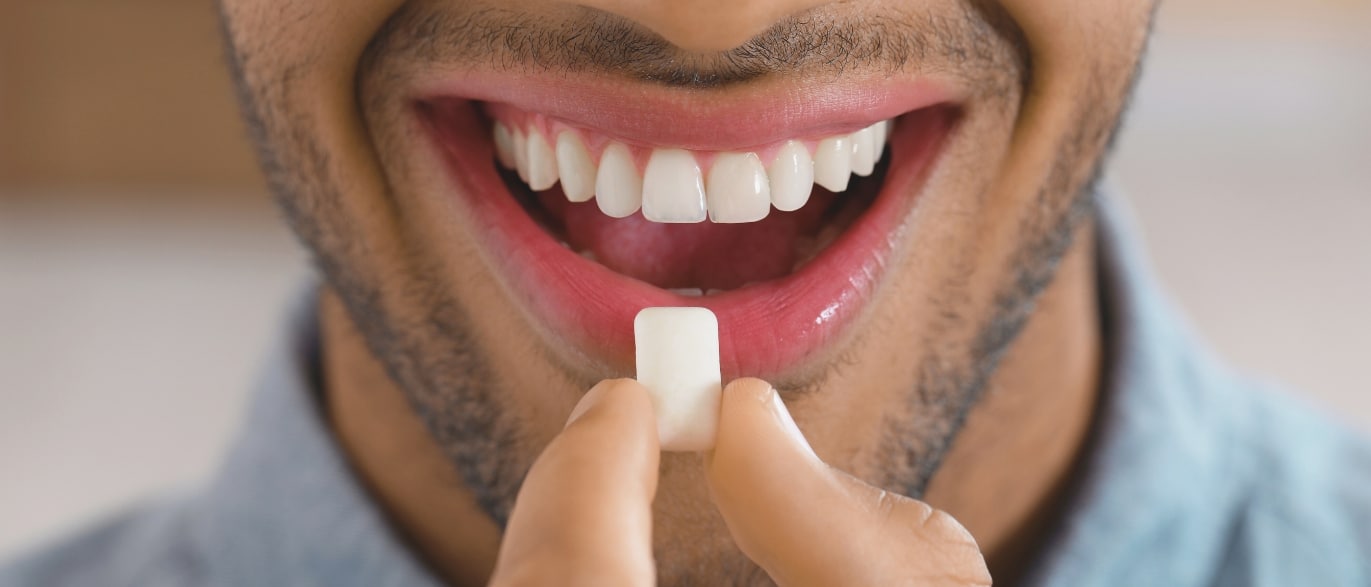Pearl Dental Blog

Morning Breath vs. Chronic Halitosis: A How-to-Fix Guide for Culver City Patients
Morning breath and all-day odor feel similar, yet they aren’t the same problem or solution. While morning breath lingers for a particular time span, and then returns the next day, mouth odor is persistent. It stays with you 24*7. You can eat the freshest meals, but fail to get rid of the smell. This comprehensive, practical bad breath fix guide will help you tell them apart, tackle the cause, and know when it’s time for care in Culver City.
Morning breath vs. habitual halitosis—what’s different?
Morning breath is the result of saliva flow slowing down at night while sleeping. As there is less saliva to wash and neutralize acid, odor-producing bacteria and their wastes build up overnight. That is why things get better after drinking water, brushing, and tongue scraping.
Chronic halitosis becomes a part of your life. It is most often caused by bacterial biofilm (plaque) that sits at the teeth-and-gum junctions. It releases volatile sulfur compounds (VSCs) with a sulfur-like smell. Tongue coating, gingivitis, periodontitis, and dry mouth are common causes behind this odor.
Quick fixes that offer fast relief
- Drink 12 to 16 cups of water throughout the day. A hydrated mouth dilutes odor molecules and supports healthy saliva flow.
- Brush, floss, and tongue-scrape. A tongue scraper or soft-bristled brush reduces the VSC-producing biofilm that causes most odors.
- Use an alcohol-free antimicrobial mouthrinse with zinc or CPC. These neutralize sulfur compounds and help your breath feel fresh.
Long-term solutions address the cause
Address oral sources first
Schedule an appointment with your dentist to keep an eye on gum inflammation, decay, or ill-fitting restorations that are breeding bacterial plaque. Professional teeth cleaning removes calculus and old biofilm you can’t get rid of at home. Removing them helps in long-term odor control. Your dentist will arrange care if tonsil stones, dry mouth, or sinus issues are behind the smell.
Treat dry mouth (xerostomia)
Reasons behind this can range from medications and head-and-neck radiation to autoimmune conditions. Sip water, chew xylitol lozenges/sugarless gum, and ask about saliva substitutes or prescribe medication as needed.
Managing tongue coating and periodontal disease
The surface of our tongue is a breeding ground of anaerobic bacteria that lead to halitosis (mouth odor). Deep periodontal/gum pockets also play a role in causing such odor. Thorough home oral care, along with tailored periodontal treatment, reduces VSCs that cause chronic halitosis.
When breath is still poor after dental treatment
If you fail to remove mouth odor even after great home care and clean dental records, schedule a follow-up with your primary healthcare provider. Gastroesophageal reflux, chronic sinusitis, and some metabolic or respiratory disorders can be the reason behind this smell. Multidisciplinary treatment prevents you from simply focusing on temporary surface fixes.
How common is this, and why it’s not “just you”
Bad breath (halitosis) strikes nearly 80 million U.S. citizens, so don’t worry; credible clinical sources estimate that about one out of every four people suffers from halitosis at some point. That’s precisely why an explicit care plan is best.
Pearl Dental serves patients who want practical, proven solutions that fit real life in Culver City. If you’re ready for a tailored bad breath fix guide and a care plan that works, we’re here to help. Call Pearl Dental or book online today to restore your confidence.





